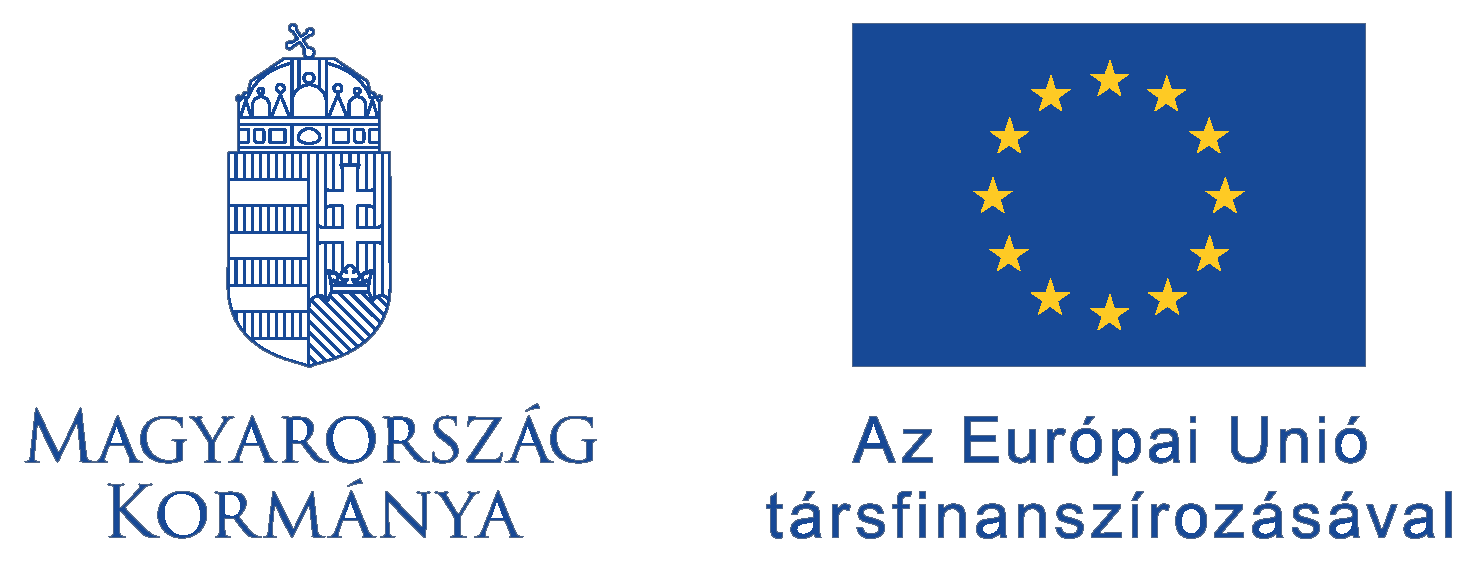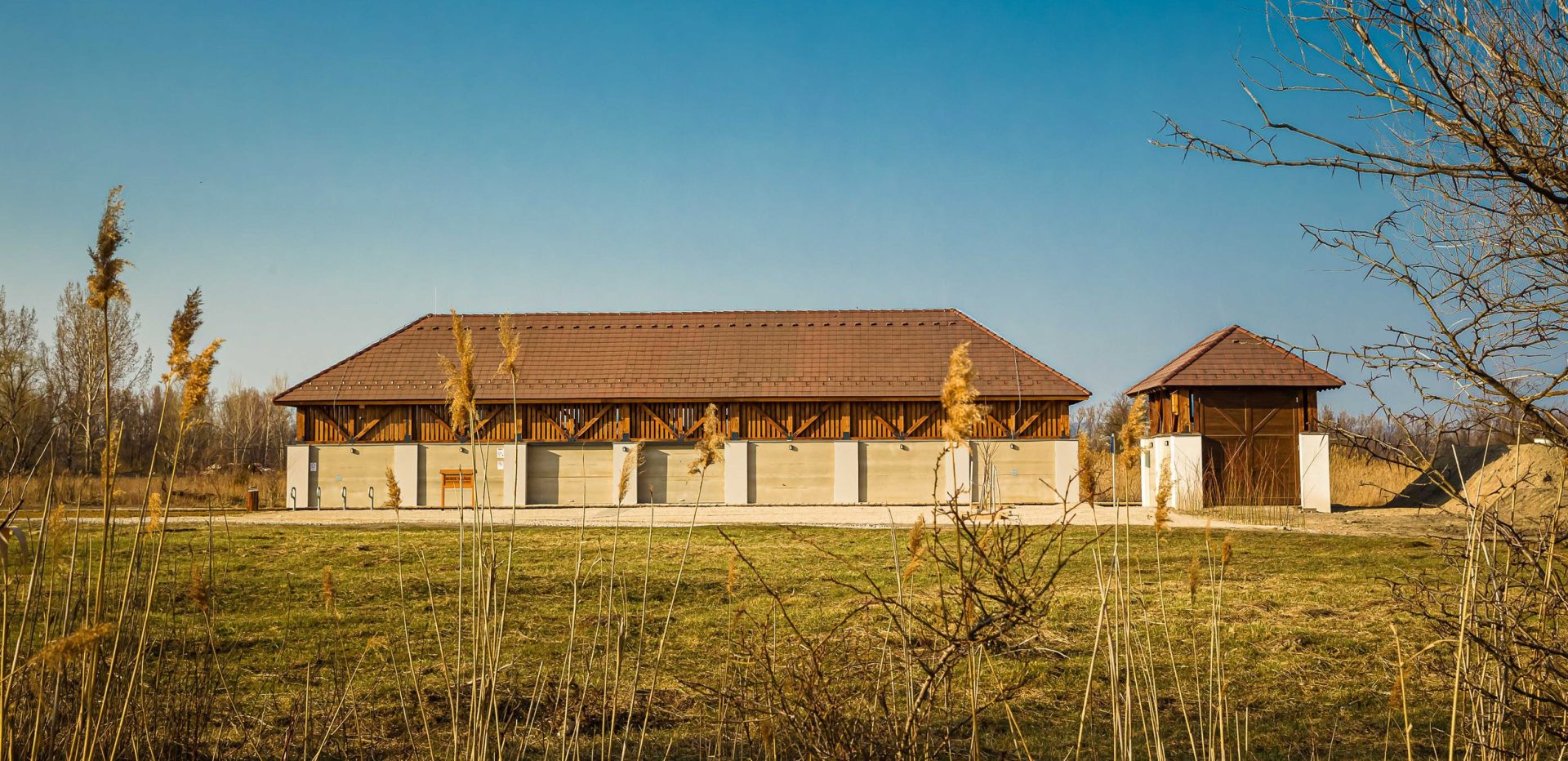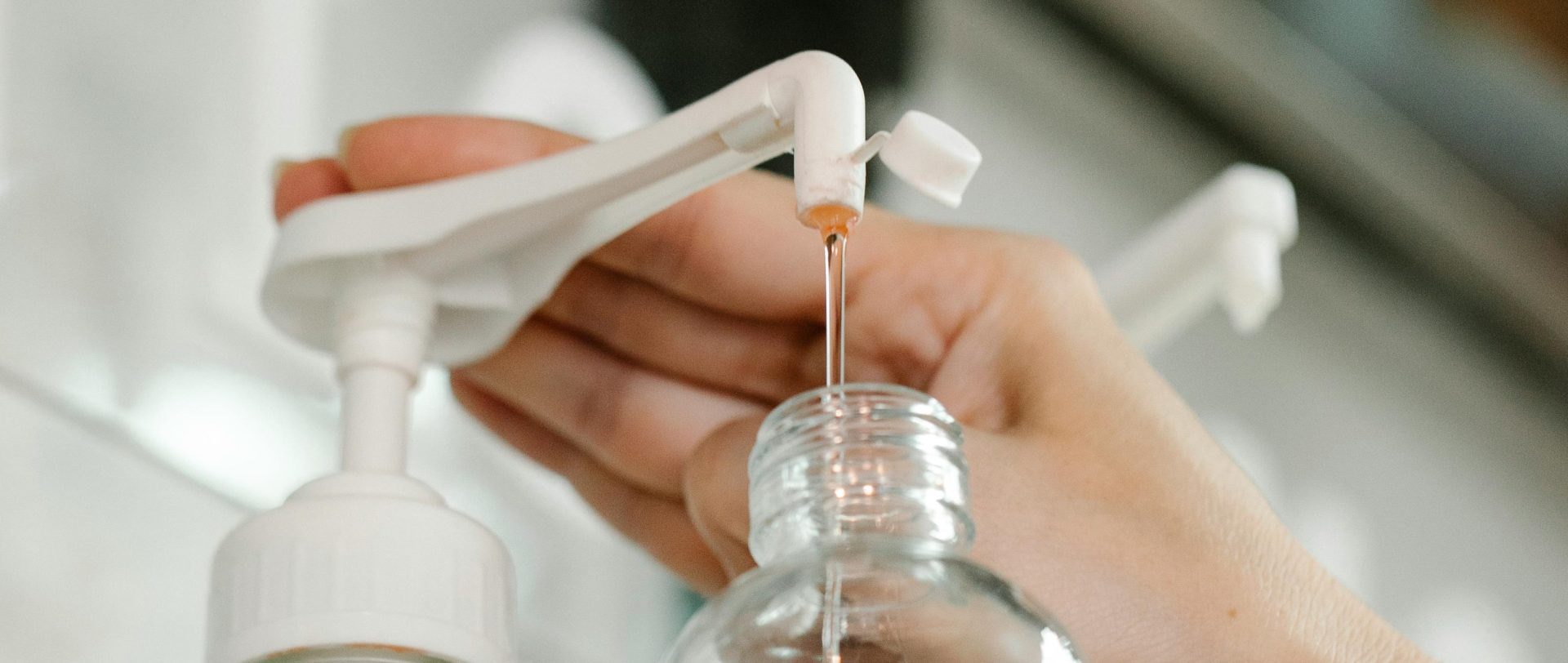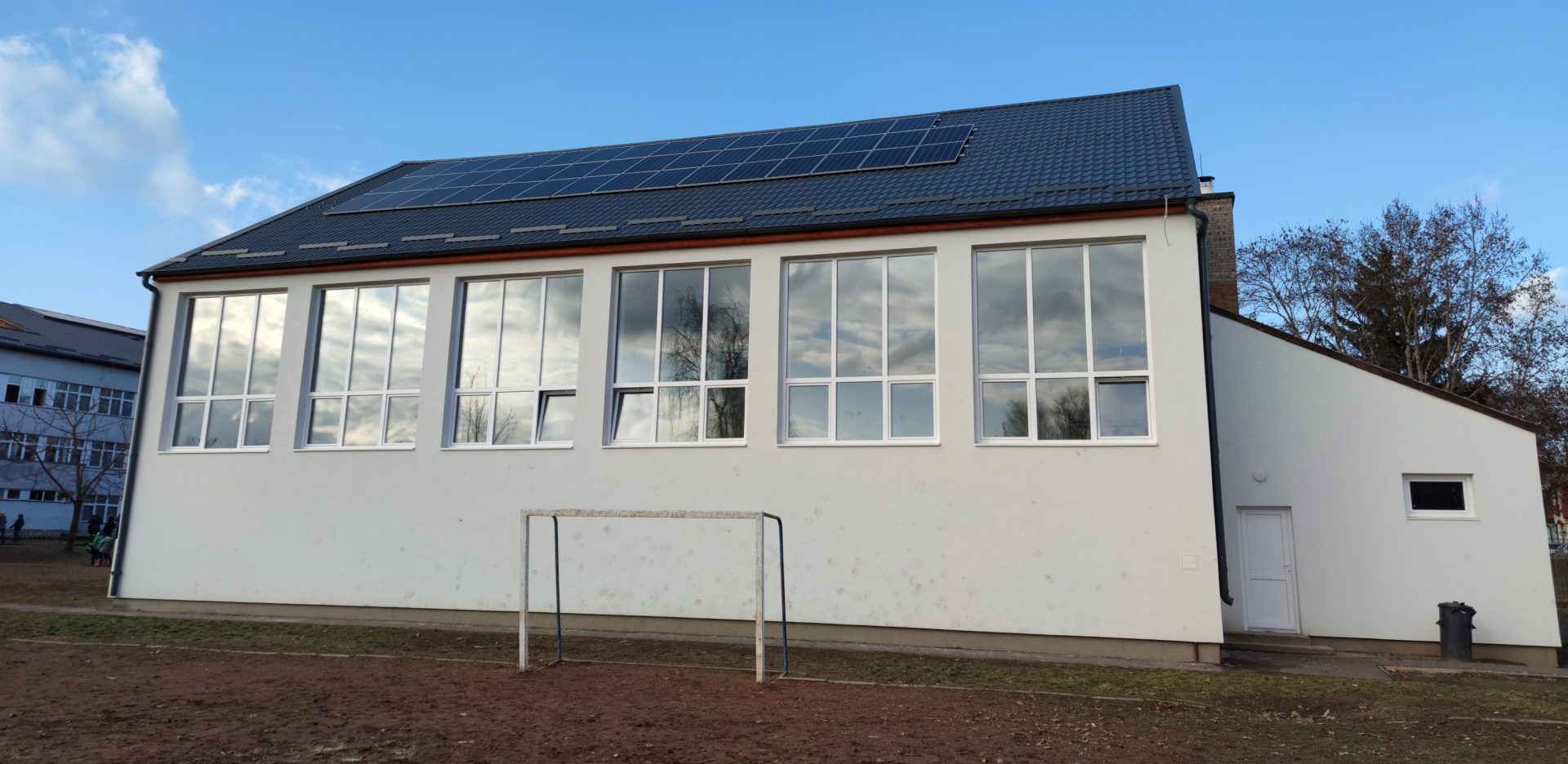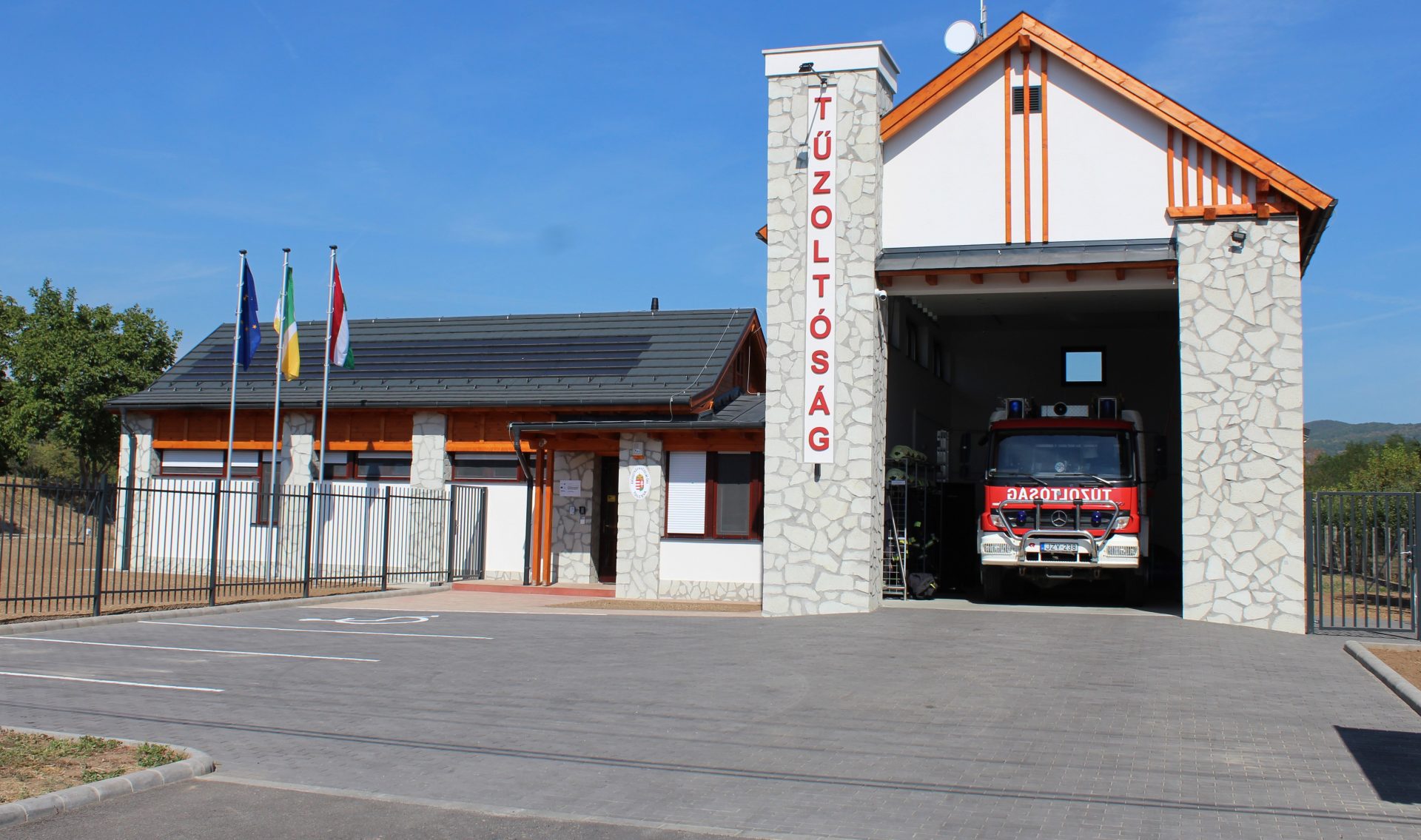Asp, dusky ide, nase, European chub, gold crucian, tench! Do these words mean anything to you? Obviously to the knowledgeable yes, but probably less so to the layman. However, they were the key players of a major project at the Hungarian University of Agricultural and Life Sciences as these are cyprinids, what is more, they are native species and the institution’s researchers managed to carry out their intensive production and breeding.
Hungarian fisheries management has changed significantly in recent years due to changes in legislation and the transformation in management approaches. In natural waters, priority has been given to utilisation by angling rather than commercial fishing, and the demand for stocking material for these waters has changed. Demand for native carp species important for angling has increased. Today, Hungarian aquaculture is still characterised by extensive, carp-centred pond farming. A few years ago, with the professional contribution and leadership of researchers at the Hungarian University of Agricultural and Life Sciences, innovative developments were made to develop production technologies for six species with good market potential. In the framework of the project, experts have applied new production, husbandry, reproduction and feeding methods, which have made fish farming more economical, efficient and environmentally friendly. The complex research work and infrastructure development resulted in the development of new technological processes, prototype floating cages and feed materials.
During the project the elaboration of a low-resource rearing system was successful, which significantly reduces the negative environmental impact of conventional flow-through systems. Closed-loop intensive fish farming under controlled conditions is more able to meet consumer expectations for food safety and quality, while sustainability aspects are also better validated.
In addition, a social media platform and a modern Knowledge and Technology Transfer Centre with showrooms and laboratories have been set up.
| The intensive production of native carp is a unique and pioneering initiative in Hungary, which represents a significant step forward in the domestic fisheries management. The new methods and technologies elaborated during the project have helped to efficiently and sustainably farm these fish, which have a significant angling and commercial value. |
The development was implemented from EU funding in the project MAHOP-2.1.1-2016-2017-00002 under the Hungarian Fisheries Operational Programme.
For more information please click on the supported project finder:Details


